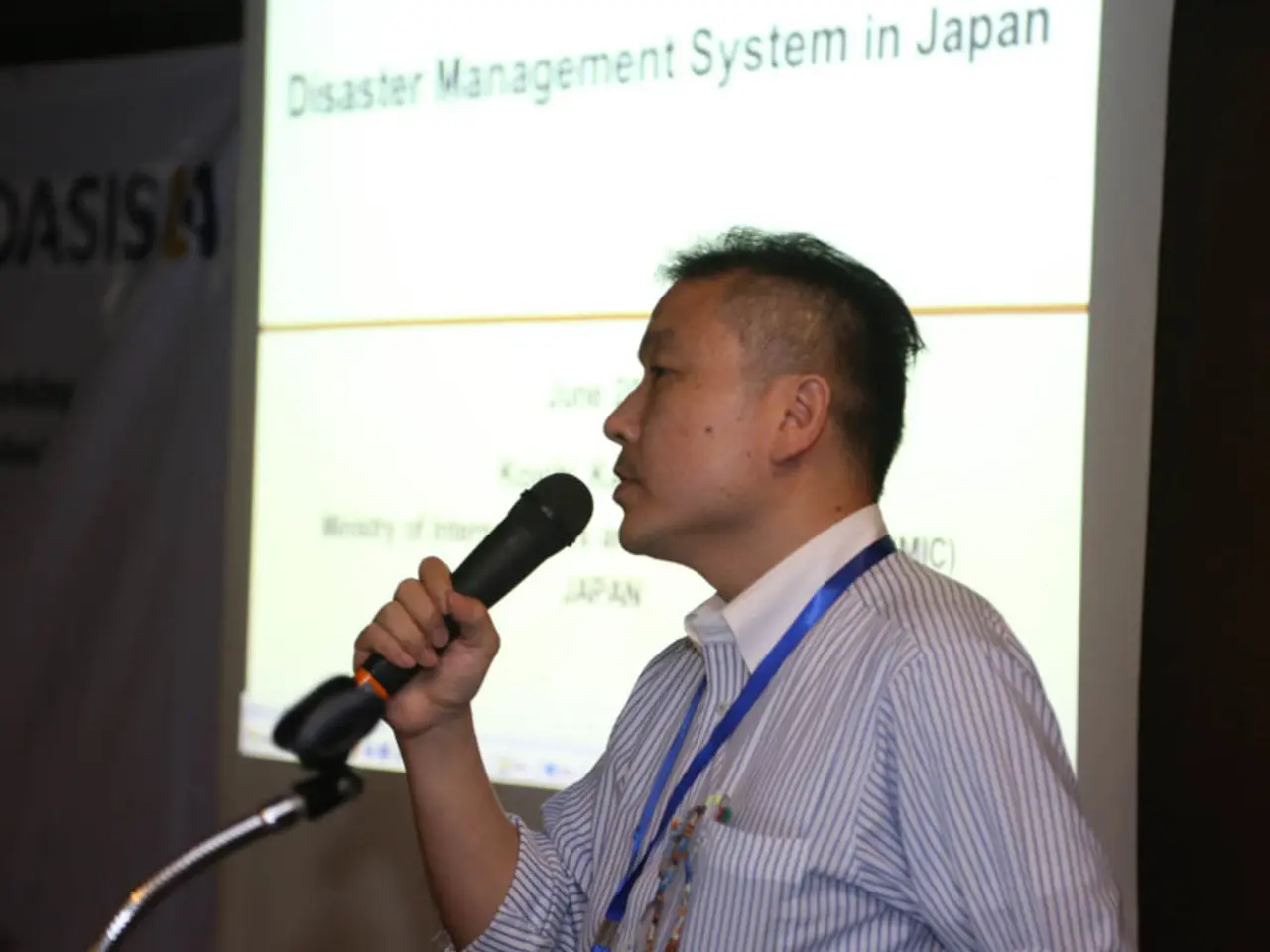Interview with Ewan Oglethorpe, Data Friendly Space's Executive Director
Data Friendly Space (DFS), a U.S.-based NGO, is bridging the gap between modern data systems and the humanitarian community. Since its inception in 2018, DFS has been dedicated to facilitating the adoption of artificial intelligence (AI) and data ecosystems tailored for humanitarian work.
DFS emphasizes learning from humanitarian practitioners about the integration and use of AI in their operations. This approach allows the organisation to co-develop solutions that are contextually relevant and supportive of localized humanitarian action.
One of DFS's key tools is the Data Ecosystem Enhancement Platform (DEEP), a technology designed to connect disparate humanitarian data sources and systems, creating an interoperable, AI-powered ecosystem. DEEP leverages artificial intelligence and machine learning for data integration, analysis, and the generation of actionable insights. It also employs data ecosystem architecture for connectivity across multiple datasets and platforms used by humanitarian actors.
DEEP is built on collaborative and user-centered design principles, ensuring that the technology fits the needs and capacities of humanitarian practitioners. This approach reflects DFS's emphasis on learning from practitioners to ensure the tool's practical utility in contexts requiring coordination and rapid response.
DEEP is particularly useful in managing large amounts of qualitative data, previously managed through laborious methods like spreadsheets and post-its. By automating analysis and data-gathering processes, DEEP frees up humanitarian analysts to focus on human problems that an AI system can't do yet.
DFS's work extends beyond the development of DEEP. The organisation collaborates with partners like the Humanitarian Leadership Academy and Sphere Standards to develop training resources and enable broader AI literacy among humanitarian workers.
In the face of the COVID-19 pandemic, DFS has been instrumental in supporting the global aid community. DEEP aids in the response to the pandemic by allowing for the systematic extraction of information from secondary data sources and housing legacy data in an indexed and centralized location. DFS's work in supporting COVID response has ranged from Colombia to Bangladesh, providing analysis support and developing new features of the platform.
DFS's efforts are not limited by geographical boundaries. The organisation operates across six continents, with teams of analysts working in English, French, Spanish, and Arabic. DEEP is an open-source project, with the code available on GitHub and contributions welcome.
As the global aid community continues to grapple with the challenges of improving digital literacy and capabilities at the field level, DFS's work in creating human-friendly data systems is more crucial than ever. By taming the flood of qualitative data and automating analysis and data-gathering processes, DFS is enabling humanitarian organisations to focus on their critical missions, ultimately leading to better humanitarian outcomes.
- Data Friendly Space (DFS) advocates for the adoption of AI and data ecosystems, specifically tailored for humanitarian work, to enhance innovation in the humanitarian community.
- The Data Ecosystem Enhancement Platform (DEEP), a technology developed by DFS, employs AI and machine learning to connect, analyze, and generate insights from various humanitarian data sources.
- DEEP supports the practical use of technology in humanitarian contexts by adhering to collaborative and user-centered design principles, aiming to fit the needs and capacities of humanitarian practitioners.
- In the face of COVID-19, DFS has utilized DEEP to aid the global aid community by systematically extracting and centralizing data, empowering humanitarian organizations to focus on their critical missions and achieve better humanitarian outcomes.




